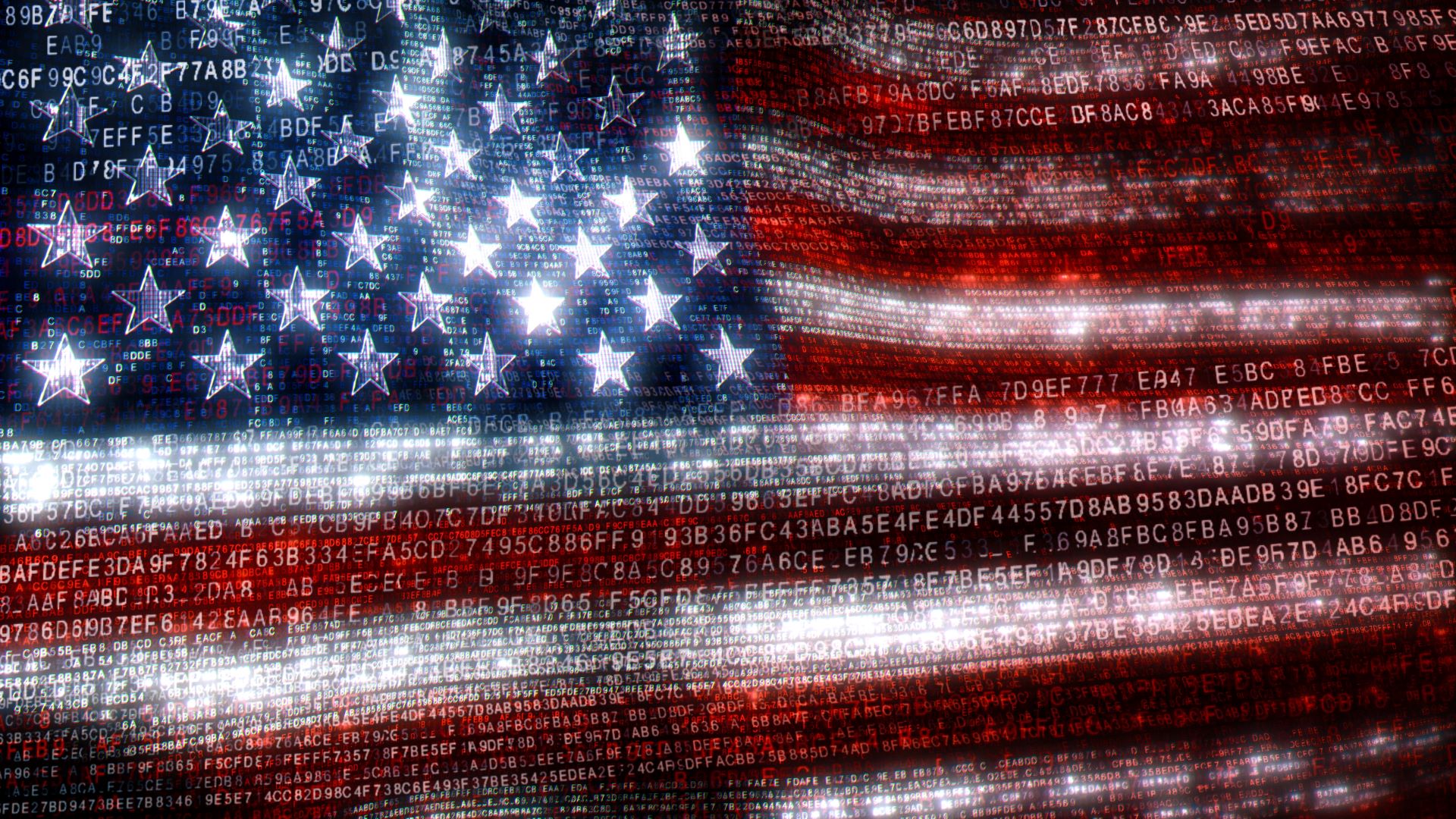20% of US politicians and staff had their emails compromised on the dark web
Data leaks include info from personal LinkedIn, Facebook, and Twitter profiles

Almost 3,200 US politicians and staff have had their data leaked to the dark web. This figure amounts to nearly 20% of all people working in the US Congress.
This is the worrying finding from a joint investigation conducted by the leading digital risk firm Constella Intelligence and privacy provider Proton. Official emails and plain text passwords were compromised. The leaks occurred primarily because staffers used their official email to sign up for various online services, including high-risk dating and adult websites.
With this research, the provider behind one of the best VPN services on the market seeks to shed new light on the cybersecurity risks facing US political staffers as they often deal with highly sensitive information. The results indicate existing vulnerabilities to national security – especially worrisome with the US presidential election looming in the background – and a reminder that anyone could be a target.
A recent study by Proton, in collaboration with Constella Intelligence, reveals that the personal data of thousands of US politicians has been leaked on the dark web.Find out exactly how serious a breach like this is in the thread below.⬇️1/7 pic.twitter.com/CLP9QCArVQSeptember 24, 2024
"In today’s digital landscape, robust cybersecurity practices are crucial, especially for those with access to sensitive information," said Eamonn Maguire, Head of Account Security at Proton. "The volume of exposed accounts among US political staffers is alarming, and the potential consequences of compromised accounts could be severe."
Specifically, 3,191 out of 16,543 official email addresses have been exposed to a hack or breach. Nearly 300 staffers had details exposed in more than 10 leaks. Moreover, 1,848 plain text passwords were also exposed, with one individual having a total of 31 passwords compromised on the dark web.
The data leaks include many compromised personal social media profiles – 1,487 LinkedIn, 416 Facebook, and 347 Twitter accounts – and 146 IP addresses. According to researchers, these results highlight "a critical security lapse where work-related emails became entangled with less secure third-party platforms."
The provider behind Proton VPN and Proton Mail conducted similar research in Europe back in May. At that time, the findings were particularly alarming for the UK as they revealed a staggering 70% of UK MPs (443 out of 650) affected.
What's next?
Proton has now reached out to all affected political staffers to inform them their personal details have been found on the dark web and offer guidance on how to mitigate potential risks. Nonetheless, experts call on anyone to employ more robust cybersecurity practices – whether they are high-profile targets or not.
"It’s important that everyone associated with the research, whether UK politicians, US political staffers, or anyone else, remembers the importance of good account security," a Proton spokesperson told me.
As a rule of thumb, you should always avoid using sensitive work email addresses for third-party services unless it's absolutely necessary. Using hide-my-email aliases instead can also help as it masks your real email address.
It's also crucial to boost the security of all your accounts. This involves ensuring two-factor authentication protections are enabled, making it difficult for malicious actors to breach your account. Tools like a reliable password manager – Proton has its own free-to-use Proton Pass – are a handy way to create strong passwords and manage all your login details.
Lastly, you should consider signing up for data alert services that notify you when your personal details have been exposed on the dark web. Again, Proton has two services that can do this: Proton Pass Monitor and Proton Mail’s Dark Web Monitoring.

Chiara is a multimedia journalist committed to covering stories to help promote the rights and denounce the abuses of the digital side of life – wherever cybersecurity, markets, and politics tangle up. She believes an open, uncensored, and private internet is a basic human need and wants to use her knowledge of VPNs to help readers take back control. She writes news, interviews, and analysis on data privacy, online censorship, digital rights, tech policies, and security software, with a special focus on VPNs, for TechRadar and TechRadar Pro. Got a story, tip-off, or something tech-interesting to say? Reach out to chiara.castro@futurenet.com